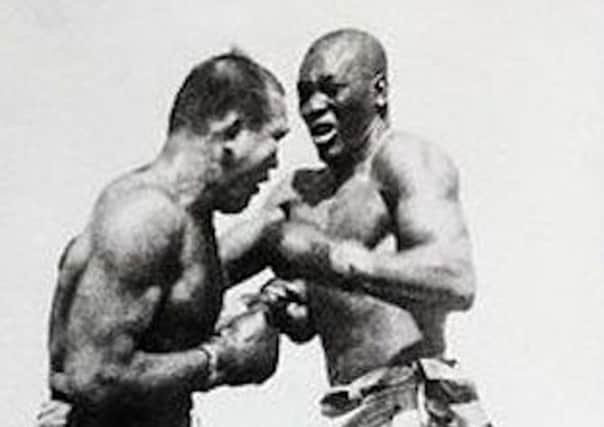What would Holmes have made of it all?


The good Southsea doctor came within a whisker of refereeing one of the most notorious world heavyweight title fights in history – the racially charged bout in 1910 between Jack Johnson, the first black champion, and Jim Jeffries the original Great White Hope.
Conan Doyle loved boxing and took up the sport himself. He even published a boxing-themed novel, Rodney Stone, in 1896.
Advertisement
Hide AdAdvertisement
Hide AdHe was highly regarded in America where promoter Tex Rickard found himself in a maelstrom as the fight he made between the pair attracted publicity of the worst kind. It was portrayed as a battle between black and white. Rickard also had great difficulty finding a referee who was acceptable to both sides as unbiased.
Rickard approached President William Taft to officiate, but was rebuffed.
One name both camps agreed to was Conan Doyle and a telegraph was sent to England. Conan Doyle had moved from his home at 1, Bush Villas, Southsea, by this time.
It read: ‘It would indeed rejoice the hearts of men in this country if you were at the ringside when the great negro fighter meets the white man Jeffries for the world’s championship.’
Advertisement
Hide AdAdvertisement
Hide AdConan Doyle was no doubt enthusiastic but in his memoirs said: ‘I was much inclined to accept though my friends pictured me winding up with a revolver at one ear and a razor at the other. However, the distance and my engagements presented a final bar.’
A referee was eventually found and in an ugly drawn-out affair Johnson tortured Jeffries before knocking him out in the fifteenth round simultaneously crushing the illusion of the inherent supremacy of the Anglo-Saxon race. For this reason Johnson was persecuted for the rest of his life but is recognised today as one of the greatest champions ever.